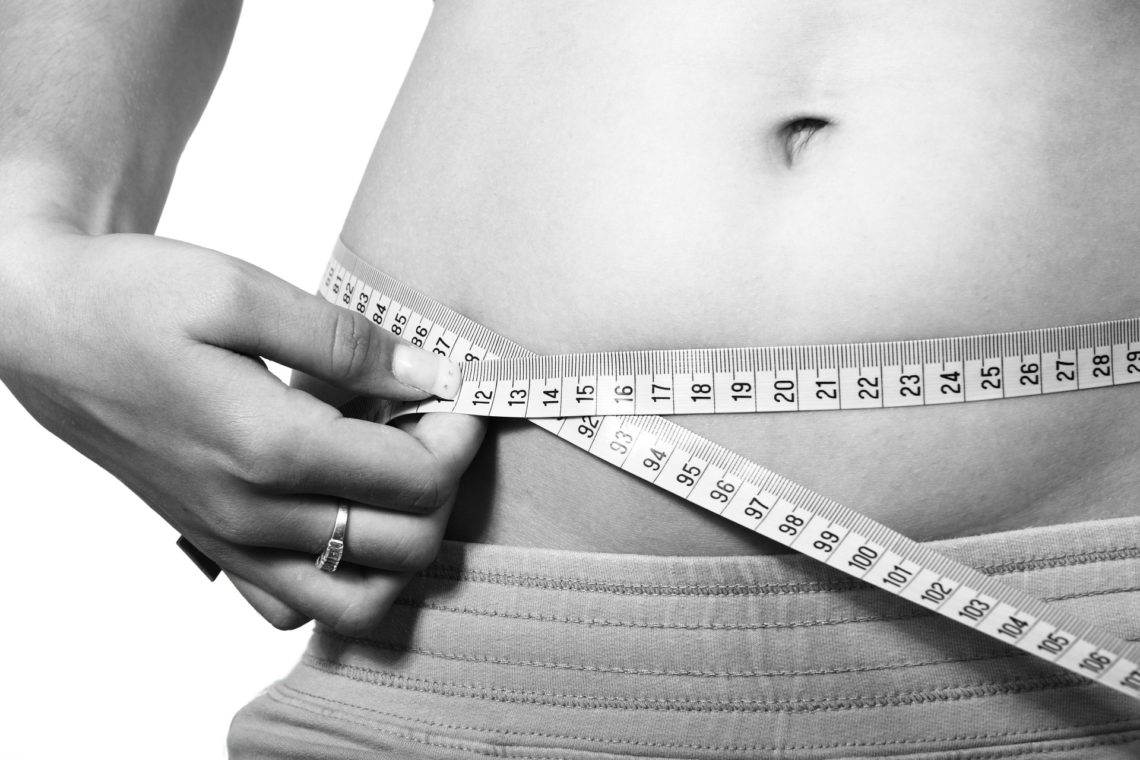By Renee Endicott
Dieting is not healthy, unless it results in a balanced nutritious healthy eating lifestyle. It has many negative physical and psychological impacts. I have personal experience with on and off again dieting before I made the decision to make a life change. Of course, you cannot do a strict diet and then go back to eating the way you were without gaining back all the weight and sometimes more.
Not only is dieting unhealthy, but it’s also a $61 billion dollar a year industry, yet people continue to struggle with weight loss and weight gain, never being able to maintain a healthy weight (SkyterraWellness). It has become an industry that wants people to “fail” so they continue buying dieting products and committing to short-term changes that do not produce long term transformations (Rollin, 2015). The effects of the pressure society puts on people to achieve an unattainable and frankly distorted view of beauty or masculinity are deeply harmful to everyone’s psyche, self-esteem and self-worth.
Dieting has a long history that goes all the way back to ancient Greek times during 400 B.C., dieting is not a new concept by any means (SkyterraWellness). The first diet book came out during the Renaissance era, roughly 1500 A.D. During that time, it was considered immoral to be overweight (SkyterraWellness). Not a lot has changed in modern dieting. Today, as well as in the mid 1800’s, being thin is the ideal form of beauty people strive for (SkyterraWellness).
Like most women and men in our country, I have struggled with my weight, body image and feeling like I need to look a certain way. I was under the delusion that there is a quick fix, a pill, or an 8-week plan to be forever fit and trim without having to stay consistent with a well-balanced food plan. Many times, I went on diets restricting calories and certain kinds of foods to hit my goal weight. Each time I would fail and I would feel badly about myself. I would become obsessive over calorie counting, weighing myself daily and beating up on myself for “cheating” and not measuring up to this image in my head. I had to recognize that I had an unhealthy relationship with food and that I had an eating disorder, which dieting magnified.
After seeking help, I was guided through a process that helped me find a way to change my lifestyle and the way I thought about food. I ended up on a ketogenic eating plan, which is a high fat and low carb eating plan. I ate 75% healthy fats, 20% protein and 5% carbs. What this does for your body is transitions your metabolism from using predominantly carbs for energy, into using fat for energy. Essentially, you do not need to eat as much food, fat will sustain your system much longer than carbs. I really started having success pairing Keto with intermittent fasting, I did a 16-hour fast with an 8-hour eating window each day. During this time, I also did a couple 22-hour fasts, with a 3-hour eating window, which really helped with me get in-tune with my body and help me identify actual hunger. Intermittent fasting has many positive side effects such as boosting metabolism, reducing calorie intake, lowering insulin levels and initiating cell repair process in your body (Gunnars, 2016). After hitting my goal, I did something different I did not go back to eating sugar and high carb foods; I increased my carb levels from 20grams a day to 80-100 grams per day. I have maintained this for quite some time, and I am not experiencing the psychological impacts of dieting I experienced before; the obsessions and weighing myself daily, in fact I have only weighed myself maybe 3-4 times since November 2019.
There have been many studies that show the negative side effects of dieting and why it does not work. Traci Mann, a UCLA associate professor of psychology and lead author of a study on why dieting does not work said, “We found that the majority of people regained all the weight, plus more. Sustained weight loss was found only in a small minority of participants, while complete weight regain was found in the majority. Diets do not lead to sustained weight loss or health benefits for the majority of people (Wolpert, S. 2007).” In addition to their findings, there is a long list of additional negative side effects such as increased weight gain over time, increased risk of diabetes and heart disease, muscle loss, damage to the metabolism, and many others (Thorpe, 2017).
This is important to me because I know the dieting struggle is real and I have had the opportunity to overcome a lot of adversity in this area of my life. I have been able to learn that magazines, commercials, TV and movies want to play on my insecurity and portray this image of it being necessary to be thin to be accepted. It’s marketing at its best that creates a harmful mental model that makes people feel like failures and has the potential to cause many negative health outcomes. Through help, I was able to let go of the negative thinking and shaming myself. Even though I have been able to experience peace with my body image, I must continue to consciously not compare myself to others and want to control my food and knowing I have a tendency to use food to change how I feel. I have come a long way on my dieting journey, but I know there are still others out there who struggle and need help.
References
Gunnar, Kris, 2016, 10 evidence-based health benefits of intermittent fasting, https://www.healthline.com/nutrition/10-health-benefits-of-intermittent-fasting
National Eating Disorder Society, 2005, kNOw Dieting: Risks and Reasons Stop https://uhs.berkeley.edu/sites/default/files/bewell_nodieting.pdf
Rollin, J. 2015, 3 Reasons You Should Never Go on a Diet, https://www.psychologytoday.com/us/blog/mindful-musings/201510/3-reasons-you-should-never-go-diet
Thorpe, M. 2017, 10 Reasons not to YoY o Diet, https://www.healthline.com/nutrition/yo-yo-dieting
SkyterraWellness.com, The History of Dieting, https://www.skyterrawellness.com/dieting/
Wolpert, S. 2007, Dieting does not work, UCLA researchers report, https://newsroom.ucla.edu/releases/Dieting-Does-Not-Work-UCLA-Researchers-7832





